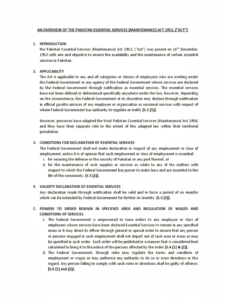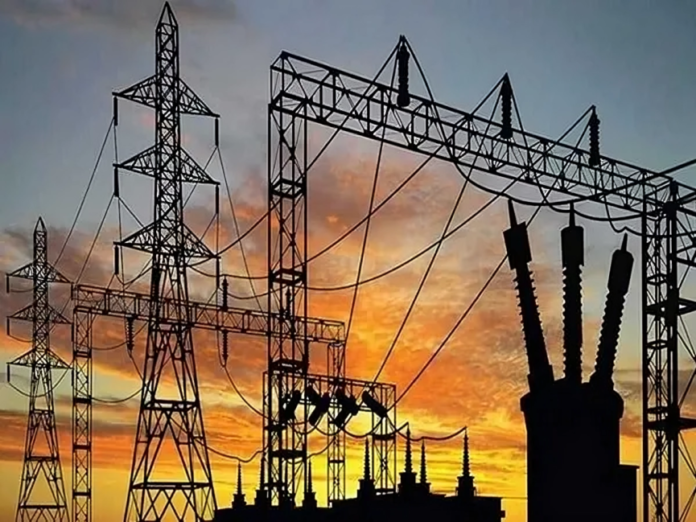In a significant move under the Essential Services Act, the federal government has officially extended its application to all entities involved in the generation, transmission, distribution, and sale of electricity to maintain stability in the power supply. This extension will remain in effect until January 25, 2025, to avert any interruptions in service due to potential union activities amidst ongoing restructuring efforts within state-owned entities (SOEs).
A notification issued by the Ministry of Interior, which was subsequently communicated to all power companies by the Power Division, emphasized the government’s perspective that employment within all Pakistan Power Sector Entities—including Distribution Companies (Discos), Generation Companies (Gencos), and the National Transmission and Dispatch Company (NTDC)—is essential. This classification under the Essential Services Act is aimed at ensuring the uninterrupted operation of these critical organizations.

The government invoked powers under sub-section (1) of Section 3 of the Pakistan Essential Services (Maintenance) Act-1952 (Pesma) to declare all mentioned power companies as essential services for a six-month period starting July 26, 2024. This action is a continuation of the caretaker government’s earlier decision to implement the Act, initially set to expire in July. The legislation allows SOEs to be designated as essential services for six months, with the possibility of extending this designation for an additional six months if necessary.
The recent decision comes amid a backdrop of protests from workers who are concerned that the restructuring process could adversely affect their employment. The then-federal cabinet made this crucial decision in January following a summary presented by the Ministry of Interior at the request of the Power Division. Under this framework, all companies involved in the business of electricity—Discos, Gencos, and NTDC—are now classified as essential services under section 3 of the Pesma, effectively limiting union activities for the specified duration.
The Pesma specifically deals with maintaining certain essential services and permits the federal government, via official notification, to declare specific employment categories as essential for a six-month duration, extendable as needed. This classification is crucial for “securing the defense of Pakistan or maintaining services vital to community life.”
Additionally, the government has decided to forgo the option of transferring power companies to provincial control and is exploring the divestment of two Discos—one that is loss-making and another that is profitable. The Ministry of Interior has highlighted ongoing initiatives by Discos to combat electricity theft and address non-payment of dues with support from provincial authorities. Monitoring of these activities is conducted daily to ensure compliance and effectiveness.
Financially, the Ministry of Energy Power Division has raised alarms about the potential losses Discos may incur, estimating a staggering Rs 589 billion loss for the 2023-24 fiscal year due to recovery issues and excess losses exceeding thresholds set by the National Electric Power Regulatory Authority (NEPRA).
Also Read: Nepra Hikes Power Tariff by Rs2.56 per Unit Amid Rising Costs
Under the law, authorized government officers have the authority to direct employees to remain in specified areas, preventing them from moving to other locations without prior approval. In the event of non-compliance with lawful orders, magistrates hold the power to impose summary trials for any offenses committed by employees or groups of employees.
Also Read: Power Division Rs 979 Billion IPP Payments Shock NA
The government’s proactive measures through the Essential Services Act underscore the urgency of maintaining essential services amid ongoing restructuring and financial challenges within the energy sector.


